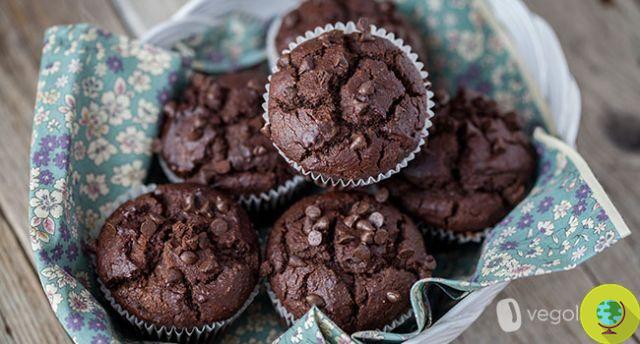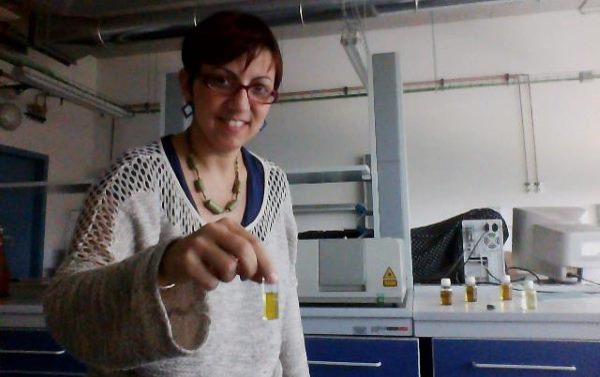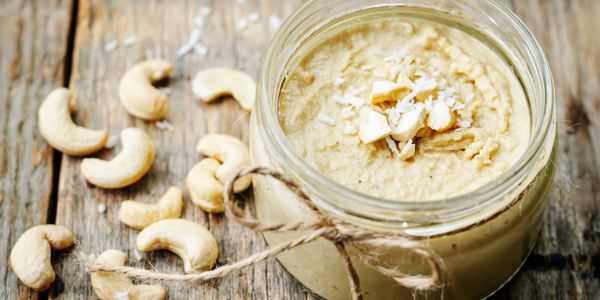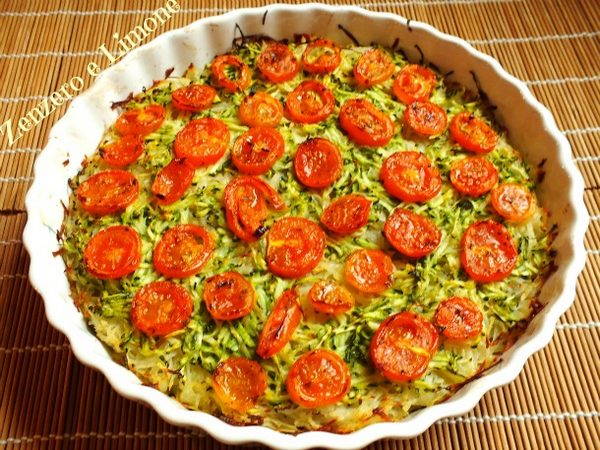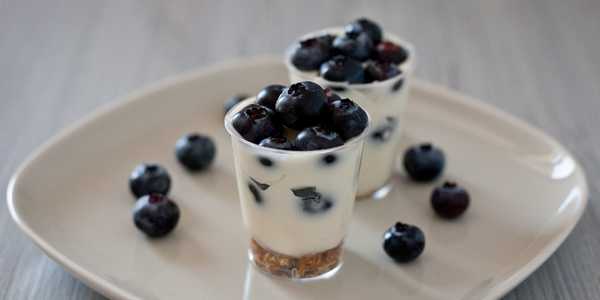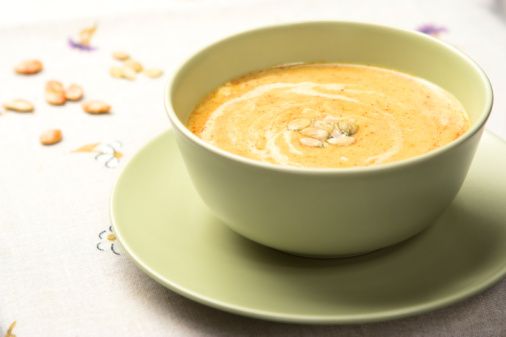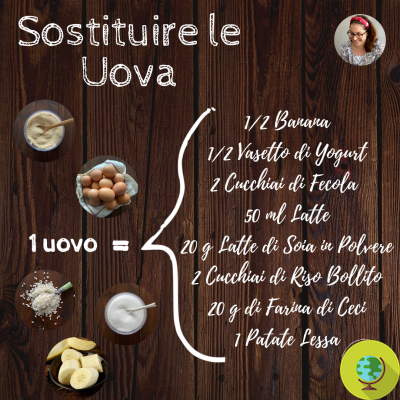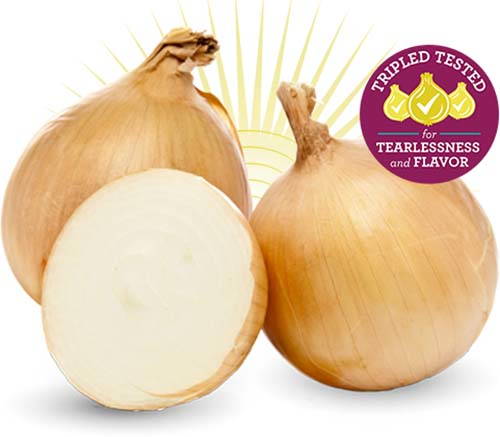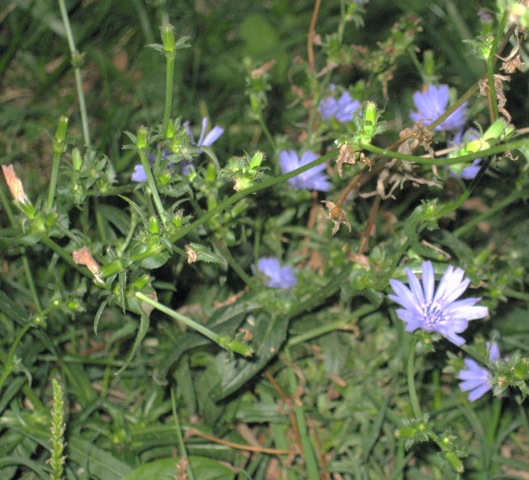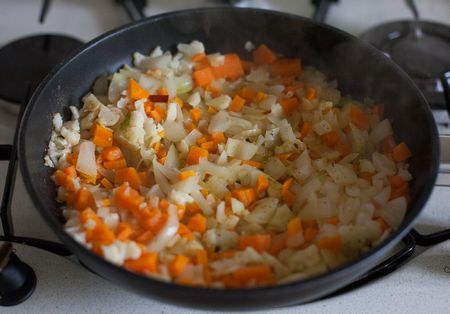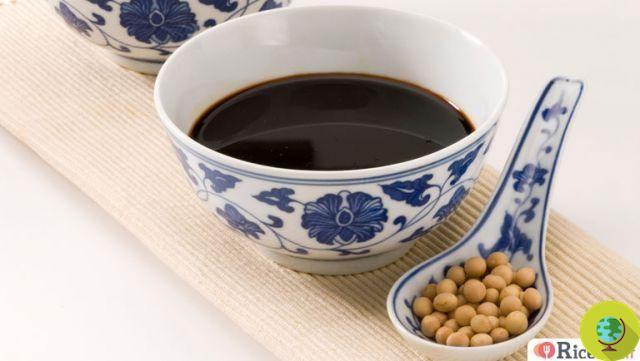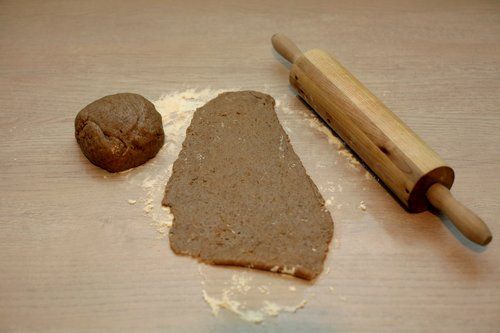Tea is a drink that has now become a symbol of many cultures that have adopted it in their daily habits or in carrying out real ceremonies. Oolong tea is also known as blue tea or quing tea.
Don't store avocado like this: it's dangerousTea is a drink that has now become a symbol of many cultures that have adopted it in their daily habits or in carrying out real ceremonies. The oolong tea it is also known as blue tea or quing tea.
Oolong tea is especially popular in China and Taiwan. The term oolong means black Dragon. The oolong tea leaves are harvested fresh and then left to dry in the sun. They are crushed and subjected to heat treatments and final roasting, with methods and results which can be different depending on the variety. In fact, there are types of oolong tea more or less oxidized and toasted.
In the West, oolong tea is also known as "semi-fermented tea". Fermentation can last longer or shorter depending on the area of China where it is produced. Oolong tea is made from the same tea leaves that are made from green tea or black tea, but with different processes.
Index
Properties and benefits of oolong tea
Oolong tea has a slightly fruity taste and a pleasant aroma. According to Tea Association of the United States the properties and benefits of oolong tea They are halfway between those of green tea and black tea, as the leaves of oolong tea are only partially oxidized. The fermentation process is stopped as soon as the leaves begin to change color.
Oolong tea is a source of antioxidants and also contains mineral salts such as calcium, manganese, copper and selenium. The semi-fermentation process enriches it with polyphenols and health benefits.
Consumption of oolong tea is recommended to those who want lose weight, both for its caffeine content and for the contribution of polyphenols. THE polyphenols present in this drink help our body to counteract the action of free radicals and prevent aging.
Uno study conducted in 2011 highlighted i benefits of oolong tea for the skin, with particular reference to patients suffering from eczema. Drinking three cups of oolong tea a day has had beneficial results, especially due to the presence of polyphenols and their ability to protect the skin.
Additionally, the antioxidants in oolong tea protect teeth and strengthen bones, while also helping to prevent osteoporosis. Different studies highlighted the long-term positive effects of tea consumption on bone mineral density.
The beneficial effects of oolong tea they have been studied also with regard to the treatment of 2 type diabetes, with the intake of this drink alongside the common drugs administered for this disease.
Science is also studying the beneficial effects of the antioxidants present in oolong tea from the perspective of cancer prevention. Finally, the benefits of oolong tea include stress reduction and improvement of attention and concentration skills.
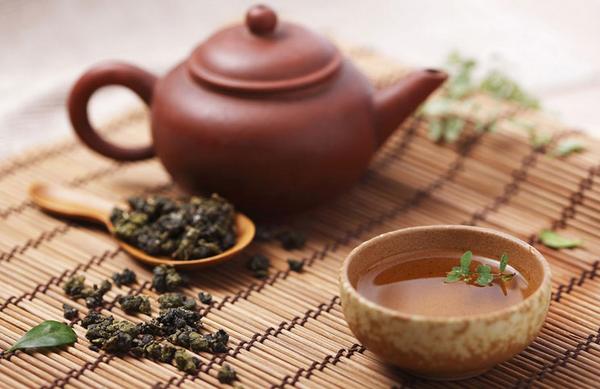
Photo source: Home Remedy Hacks
Contraindications of oolong tea
We must not forget that in tea there are substances called methylxanthines: caffeine, theophylline, and theobromine. Our attention goes to caffeine (or theine). For theine means the tea caffeine.
Il theine content of oolong tea is lower than a black tea and higher than a green tea. The tea should be infused for a maximum of 5 minutes to extract the right amount of active ingredients - including the theine - otherwise, with a prolonged infusion, the drink becomes too tannic (i.e. it extracts too many tannins) thus ruining the infusion.
The caffeine contained in tea is present in much lower quantities than in coffee: in a cup of black tea, for example, we find up to 60% less. There theine è root, therefore can cause insomnia.
Where to find oolong tea
Oolong tea is available (or possibly available to order) in organic food stores, in shops specializing in the sale of tea, in herbalists and on the internet. To know all the benefits of oolong tea and the quantities of drink to be taken to obtain the desired effects based on your health conditions, we recommend that you contact your trusted herbalist.
Marta Albè
Photo source: Tumblr
Read also:
The 10 most popular tea varieties in the world
Black tea: properties, benefits and contraindications
How to make the perfect cup of tea





